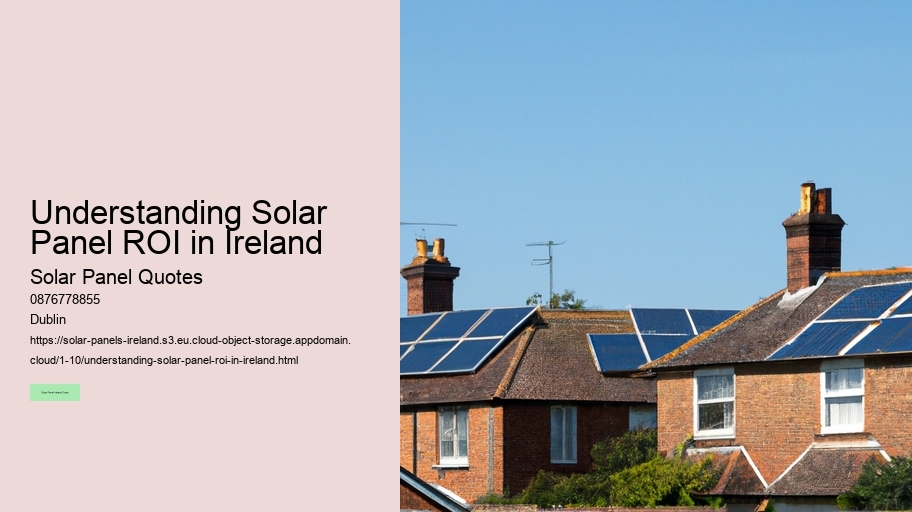

This range depends on several factors, including the size of the photovoltaic system, the type of solar cells (monocrystalline silicon, polycrystalline silicon, or thin-film solar cells), and whether additional components like batteries, inverters, or shading optimizers are included.
The shift to solar energy represents a significant step towards efficient energy use and sustainable living. Modern photovoltaic systems are designed to integrate seamlessly with household technologies. This contributes to global efforts to combat climate change and aligns with Ireland's sustainable development objectives.
Modern photovoltaic systems offer more than electricity generation. This shift benefits not only your household but also the planet, advancing efforts toward a cleaner, greener future.
In addition to financial benefits, solar panels contribute to environmental sustainability. This process, combined with a smart meter, ensures that no energy is wasted, enhancing the cost-effectiveness analysis of solar installations.
Battery storage is another key consideration. Solar panels not only contribute to electricity generation but also offer additional benefits like solar water heating.

With a smart meter installed, households can monitor energy production, consumption, and export rates, maximizing the financial benefits of their solar systems. The payback period for solar panels in Ireland typically ranges from five to seven years, depending on the size of the system, energy consumption, and available grants. This shift from fossil fuels to renewable energy sources helps lower greenhouse gas emissions, contributing to global efforts in combating climate change. The cost-effectiveness of solar panels is further enhanced by government incentives and rising electricity prices.
Polycrystalline silicon panels provide a more economical option, though with slightly reduced efficiency. Solar panel installation in Ireland has become increasingly popular, but understanding the full cost of these systems is key to making an informed decision. Advanced energy storage systems can be scaled over time, starting with a smaller capacity and expanding as energy consumption increases.
These systems not only lower electricity prices but also align with global trends toward sustainable living. By producing their own electricity, households reduce dependence on the national grid and avoid fluctuations in electricity prices. Technological advancements have greatly improved the efficiency of solar panels.
As energy prices continue to rise and climate concerns grow, solar panels provide a forward-thinking solution to power your home efficiently and sustainably. A key determinant of cost is the type and number of solar panels. Monocrystalline silicon panels, known for their high efficiency and compact design, are a popular choice for homes with limited roof space.
One of the most attractive aspects of solar panels is their payback period. Solar power systems are designed to integrate with various technologies, including smart meters and inverters, to convert the direct current produced by solar panels into alternating current for household use. Leading companies offer end-to-end services, including design, installation, and maintenance, ensuring your system meets your energy needs. In addition to financial benefits, solar panels contribute to lowering greenhouse gas emissions and reducing the carbon footprint of homes and businesses. The durability of solar panels further strengthens their cost-effectiveness.
Battery storage systems, although an additional cost, provide resilience during power outages and optimize energy use throughout the day. When talking about solar panel installation in Ireland, the cost is a significant factor for homeowners and businesses exploring renewable energy options. Solar panel installations also enhance the value of properties. Solar energy supports Ireland's sustainability goals by contributing to world energy consumption through renewable means.
Monocrystalline silicon panels are highly efficient and compact, making them suitable for smaller roofs. By generating clean energy, households contribute to lowering global greenhouse gas emissions. Energy storage solutions, such as rechargeable batteries, are a valuable addition to solar panel systems. Rechargeable batteries allow excess energy to be stored during the day and used at night or during periods of low sunlight.
By choosing renewable energy solutions, individuals not only reduce their electricity bills but also support broader goals of sustainability, reduced carbon emissions, and efficient energy use. Beyond the financial savings, you contribute to a cleaner, more sustainable future by reducing greenhouse gas emissions and supporting renewable energy development. While adding a battery increases the initial investment, it enhances energy independence and long-term cost savings. They also provide warranties and long-term support, ensuring the system meets your energy needs for years to come.
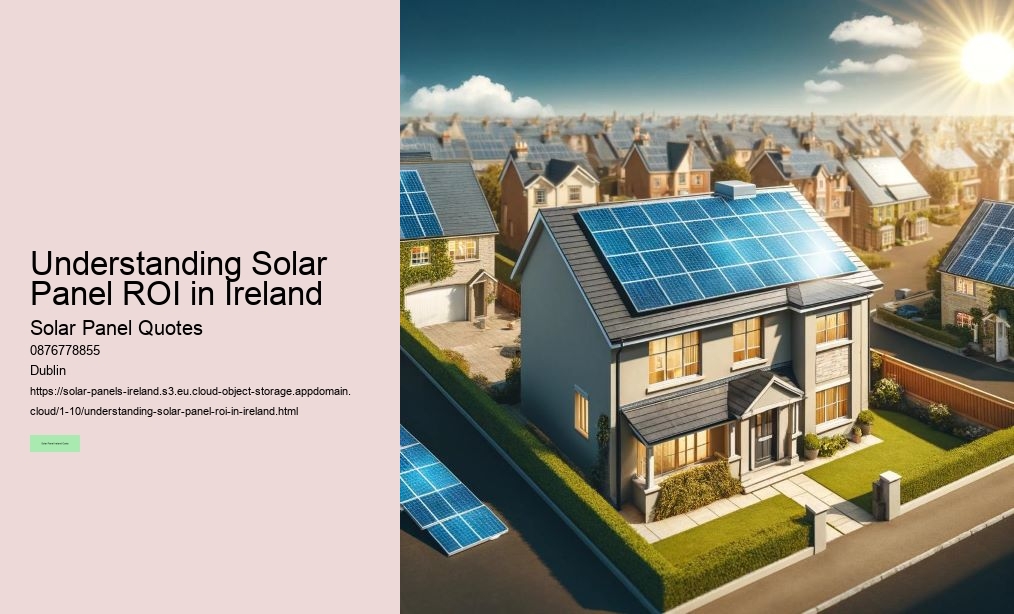
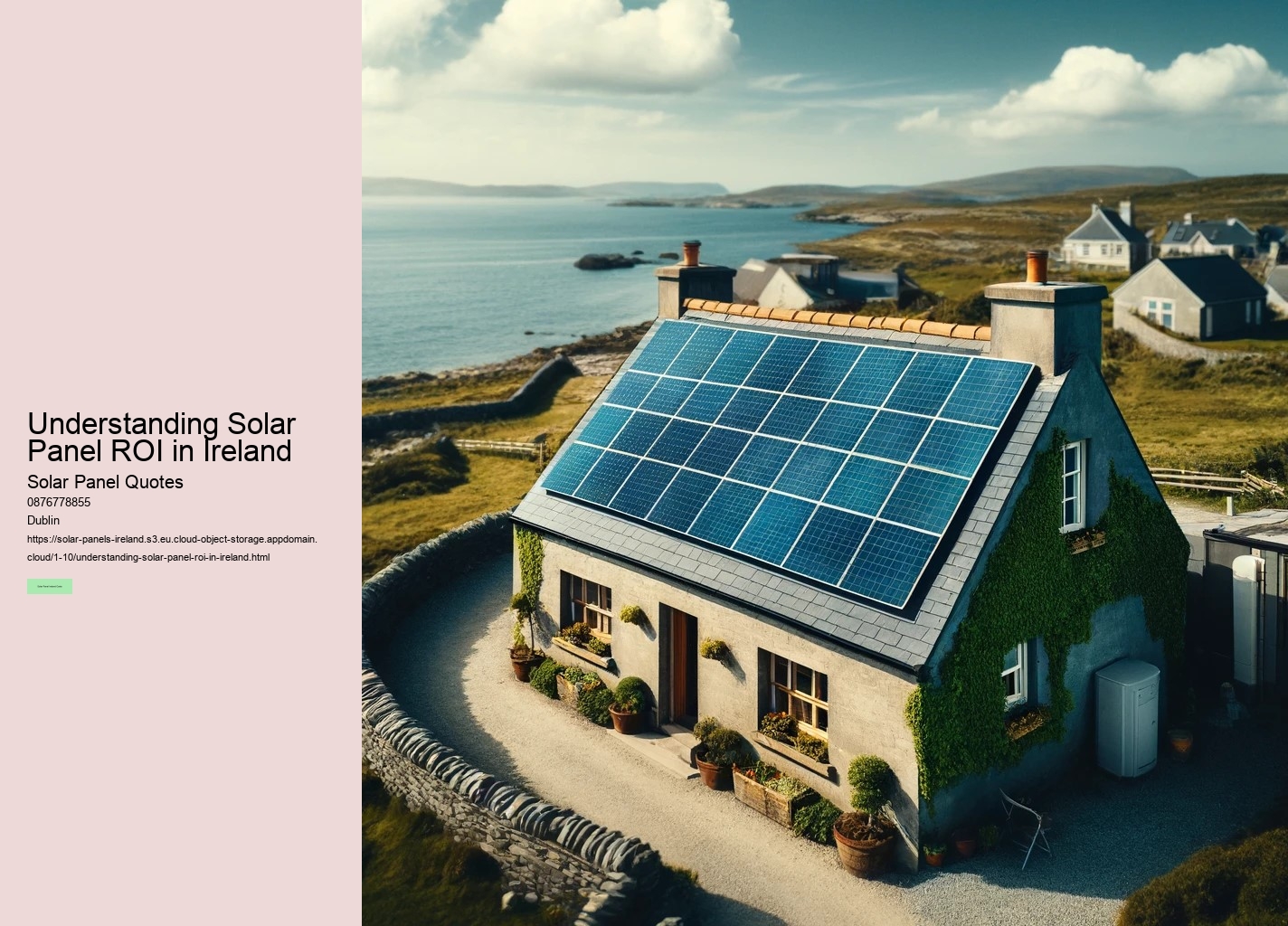
With advances in solar technology, modern panels offer higher efficiency rates, even in Ireland's relatively mild climate. Homes equipped with rooftop photovoltaic systems are seen as energy-efficient and sustainable, making them more appealing to potential buyers. The Microgeneration Support Scheme, combined with smart meters, enables homeowners to benefit from feed-in tariffs for surplus energy, making solar panels an even more attractive investment. Batteries also provide backup power during outages, ensuring consistent energy availability.
Monocrystalline silicon panels, with their high efficiency and sleek appearance, are ideal for smaller rooftops or those looking for maximum output. With the combination of government support, advanced technology, and long-term savings, solar panels are an investment that pays dividends for both your wallet and the environment. Solar inverters convert direct current (DC) produced by solar panels into alternating current (AC) for household use.
Regular maintenance, such as cleaning and periodic performance checks, ensures the system operates at peak efficiency throughout its lifespan. The total cost of a solar panel system includes components such as the panels, inverters, batteries, and installation services. Solar power also plays a crucial role in Ireland's overall energy development strategy.
The integration of solar panels with other modern technologies, such as smart meters and energy-efficient appliances, creates a cohesive energy ecosystem. By harnessing sunlight to generate electricity, solar systems decrease reliance on fossil fuels and support the shift toward renewable energy sources. Solar panels have gained popularity in Ireland due to advancements in photovoltaic systems and supportive government initiatives.
By choosing solar energy, homeowners not only save money but also take an active role in shaping a more sustainable future. By reducing reliance on grid energy and leveraging government incentives, households can achieve substantial savings while supporting Ireland's renewable energy goals.
Solar thermal energy systems can heat water efficiently, reducing the need for gas or electric heating and further cutting down on energy costs.
The cost of installing solar panels in Ireland typically ranges between €6,000 and €18,000.
Selecting the right solar panel system depends on individual needs and circumstances.
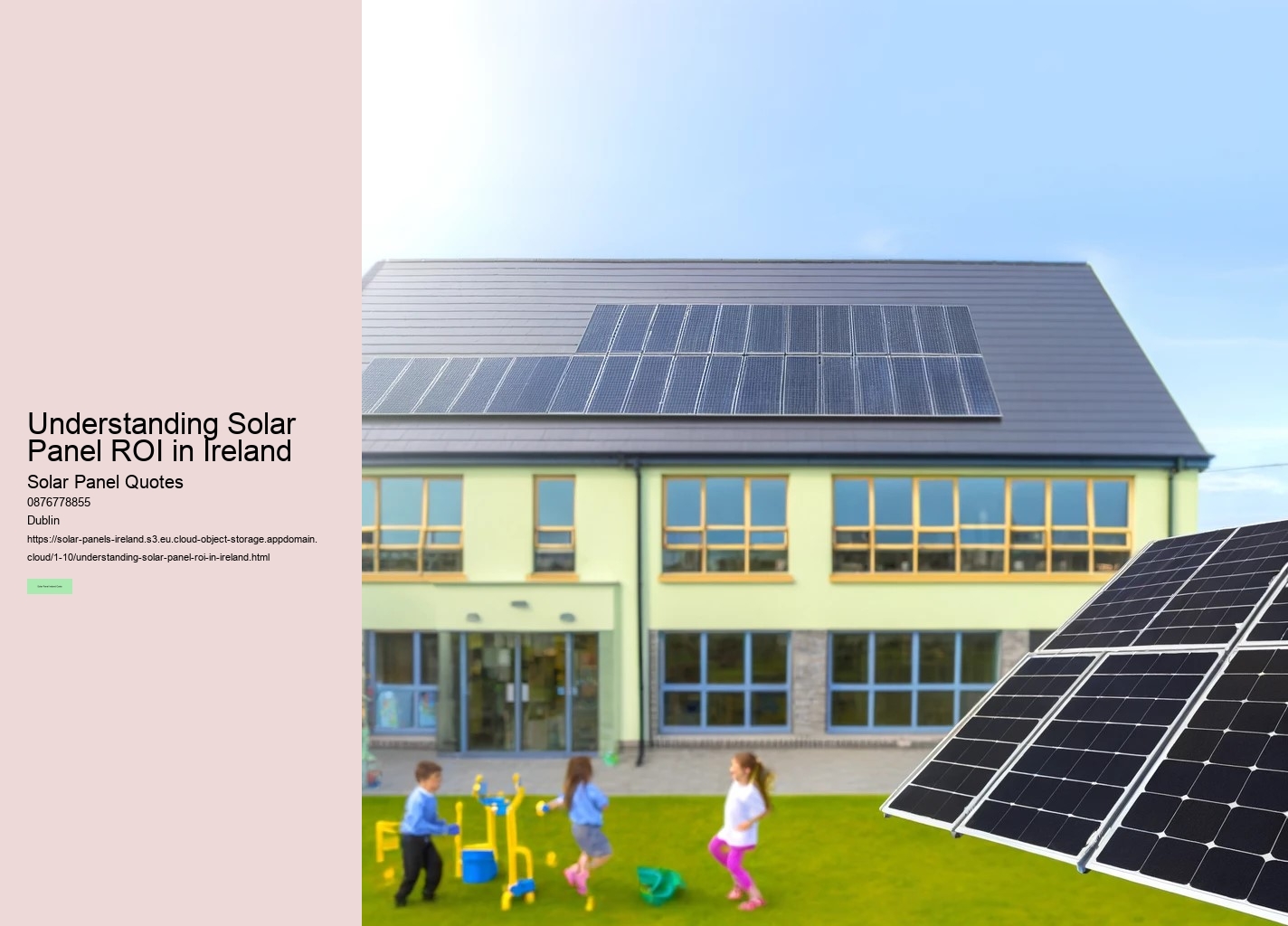
As Ireland continues to prioritize sustainable energy solutions, more homeowners are exploring solar power as a way to reduce energy bills and support environmentally-friendly practices.
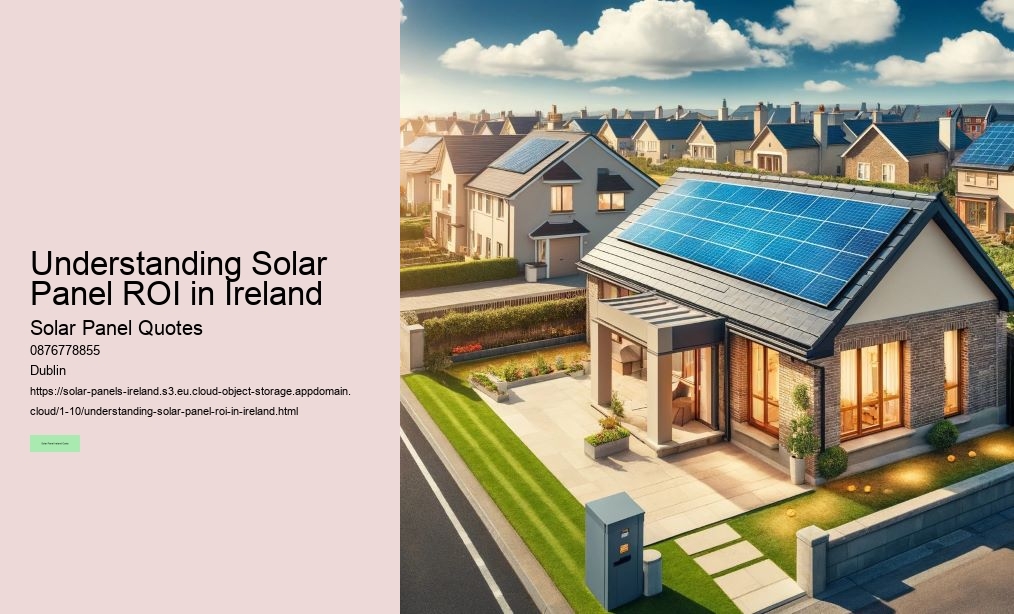
Solar panels require minimal maintenance, primarily involving regular cleaning and periodic checks to ensure they are functioning optimally.
Solar panels require minimal maintenance, primarily involving regular cleaning and periodic checks to ensure they are functioning optimally.